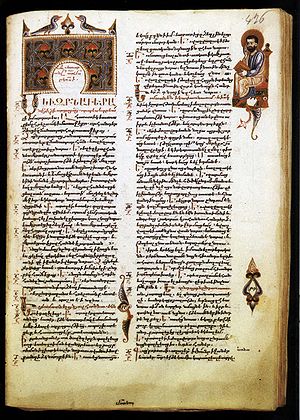
The Gray (CaD Heb 7) – Wayfarer
The former regulation [the Law of Moses] is set aside because it was weak and useless (for the law made nothing perfect), and a better hope is introduced, by which we draw near to God.
Hebrews 7:18-19 (NIV)
I have a confession to make this morning, As the youngest of four children, seven years younger than my eldest twin brothers, I took full advantage of my birth position. Some of this was good. For example, I remember observing what patterns of behavior and/or argument actually escalated our parents’ anger and frustration. Not only was the conflict unpleasant but it never worked out well for my sibling. I correspondingly avoided making those same mistakes and had a relatively pleasant childhood and adolescence in the department of parental relations.
It wasn’t all good, however. Being the youngest also afforded me the opportunity of learning how and when to take advantage of skirting rules and, by and large, how to get away with it. The age gap between me and my twin brothers was key to this. When I was twelve, my brother Tim was 19. At little sibs weekend at the University, I not only got to enjoy attending a college keg party and drinking beer but also made a lasting memory with my brother. Tim had me stand around the keg with him. When cute girls came to fill their red solo cups, Tim leveraged the novelty of my presence to find out who they were as he introduced me as his genius little brother who was a Freshman at the university that year.
Long story short, I learned along the way that rules were meant to be skirted, not broken. I became quite adept at getting away with all sorts of things as I stealthily discovered a parallel dimension of gray that existed (at least in my perception) around the black-and-white rules.
In today’s chapter, the author of the letter to the early Hebrew followers of Jesus is explaining how the Jewish priesthood and Law of Moses have been completed and transformed by Jesus. The Law of Moses took sinful humans born to Aaron and Levi and made them part of a human system of rules, rituals, and sacrifices for the forgiveness of sin. The human priest first had to atone for his own sin so he could then atone for the sins of the people. Jesus was the sinless, spotless once-and-for-all sacrifice, risen from the dead, and existing eternally at the right hand of the Father, a forever high priest. He is not a priest of the Law of Moses, the author declares, but of the mysterious eternal order of Melchizedek that is older and greater than the Law of Moses.
The author boldly states that the Law of Moses was “weak” and “useless” arguing that rules can never make a person perfect. Ah, there’s the rub. Religious rule-keeping never deals with the self-centered motives and uncontrollable appetites at the core of the human heart. In my case, it was my personal motives and appetites that fueled my finding of gray areas in which I justified skirting rules for my own personal pleasures and advantages.
In the quiet this morning, I find myself thinking back to some of the things I used to get away with skirting rules, from silly to the somewhat sinister. I may have gotten away with a lot of things, but my heart knew that it wasn’t right. I knew, even at a young age, that I needed more than just rules. I needed to deal with the core issues of a self-centered heart and appetites run amok. I discovered what the author of Hebrews is revealing, Jesus who became the ultimate sacrifice for my core heart issues, an eternal, living high-priest who understands my weaknesses and receives me with mercy and grace.
It still doesn’t make me perfect, but it does make me forgiven. I am no longer bound to rules that only prove that good, I am not. I am freed to live out the love, and good, that I ought.

If you know anyone who might be encouraged by today’s post, please share.







